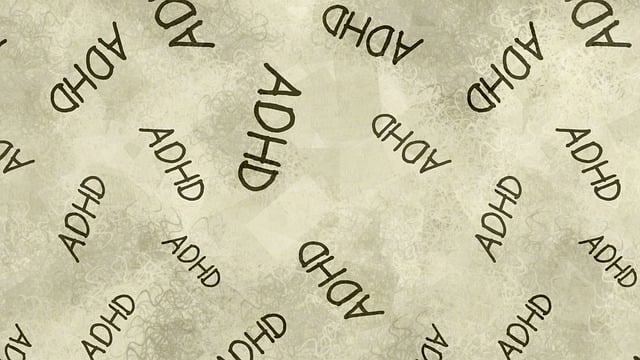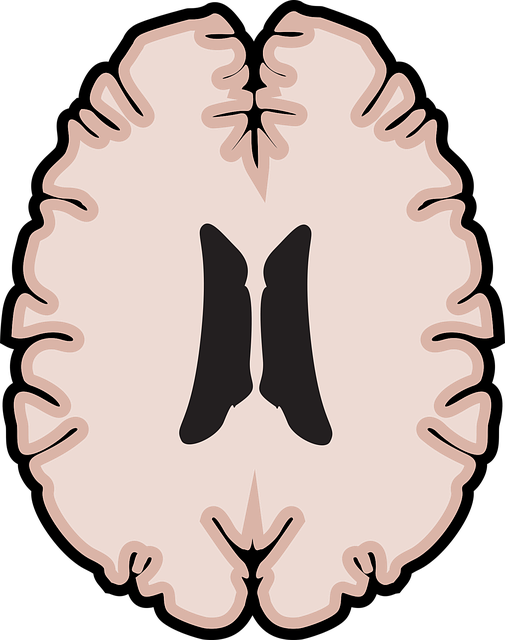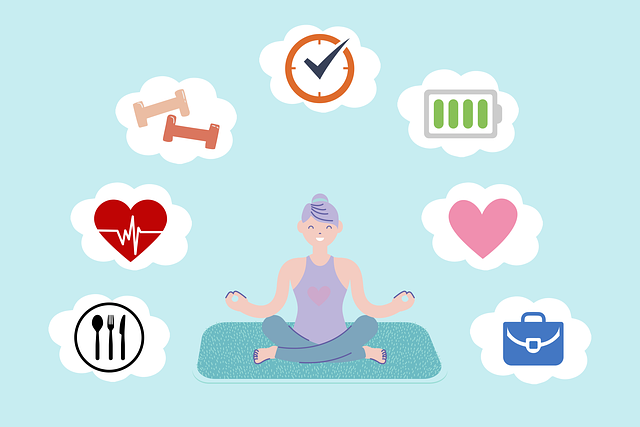Mental wellness groups in Louisville, focusing on depression therapy, create supportive networks where individuals share experiences and gain peer support. Facilitators use active listening and tailored activities to build safe spaces, normalize self-care practices, and foster meaningful connections. A culturally competent Mental Health Education Program with interactive workshops and skill-building exercises enhances engagement and improves outcomes for the Louisville community. Success is measured through qualitative feedback, regular workshops on emotional regulation, and tracking confidence levels to ensure the program meets each participant's unique needs.
Mental wellness group facilitation plays a pivotal role in enhancing collective well-being, especially in cities like Louisville where access to depression therapy is crucial. This article explores the art of group dynamics, delving into the benefits and intricacies of mental wellness groups. We’ll uncover key techniques for facilitators to engage participants effectively, ensuring a supportive environment. By examining success measurement strategies, we aim to guide professionals in Louisville Depression Therapy, fostering meaningful transformation within these therapeutic spaces.
- Understanding Mental Wellness Groups: Benefits and Dynamics
- Key Techniques for Effective Group Facilitation
- Engaging Louisville Depression Therapy Participants
- Measuring Success: Evaluation and Adaptation Strategies
Understanding Mental Wellness Groups: Benefits and Dynamics

Mental wellness groups offer a unique and beneficial environment for individuals seeking support and shared experiences. These groups facilitate open discussions and create a sense of community among members, fostering understanding and empathy. By participating in Louisville depression therapy or other mental health support groups, individuals can benefit from peer-to-peer connections, which are powerful tools for recovery.
The dynamics within these groups promote active listening, emotional validation, and the exchange of coping strategies. This collaborative approach enhances the overall mental wellness of participants, encouraging personal growth and resilience. Moreover, understanding group facilitation techniques is essential for professionals in the field, such as those involved in Mental Health Policy Analysis and Advocacy or Risk Assessment for Mental Health Professionals. Even the production of a Mental Wellness Podcast Series can incorporate these insights to create engaging content that resonates with listeners’ needs.
Key Techniques for Effective Group Facilitation

Effective group facilitation for mental wellness involves a blend of techniques that foster an engaging, supportive environment. One key technique is active listening, where facilitators demonstrate genuine interest in each participant’s experiences and perspectives, creating a safe space for open dialogue. This not only encourages individuals to share their struggles but also promotes empathy and understanding among peers.
Additionally, incorporating interactive activities tailored to specific mental health topics—such as stress reduction methods or anxiety relief techniques—can significantly enhance group dynamics. Encouraging participants to engage in self-care practices together normalizes these behaviors, offering practical strategies they can implement in their daily lives. By combining active listening and targeted activities, facilitators in Louisville Depression Therapy groups can foster meaningful connections and empower individuals on their path to improved mental wellness.
Engaging Louisville Depression Therapy Participants

Engaging participants in Louisville Depression Therapy requires a nuanced approach that goes beyond traditional talk therapy techniques. Effective facilitation involves creating a safe, supportive environment where individuals feel empowered to share their experiences and connect with others facing similar challenges. A well-designed Mental Health Education Program can foster this sense of community by incorporating interactive workshops, group discussions, and skill-building exercises tailored to the unique needs of the Louisville community.
To enhance engagement, healthcare providers play a crucial role in promoting cultural competency training. By understanding the diverse backgrounds and perspectives of participants, facilitators can adapt their approaches, ensuring that Louisville Depression Therapy is accessible, inclusive, and impactful. This personalized approach not only improves mental wellness outcomes but also encourages continued participation, ultimately strengthening the support network for those navigating depression.
Measuring Success: Evaluation and Adaptation Strategies

Measuring success in mental wellness group facilitation involves a strategic blend of evaluation and adaptation techniques. As a facilitator, it’s essential to employ tools that go beyond traditional metrics, especially when addressing sensitive topics like Louisville Depression Therapy. Beyond numerical data, qualitative feedback from participants offers invaluable insights into the group’s emotional well-being promotion techniques and progress. This includes open-ended questions about their experience, perceived benefits, and areas for improvement.
Regularly organizing Stress Management Workshops Organization can be a game-changer. By incorporating these sessions, facilitators not only assess the effectiveness of the program but also foster an environment where members learn emotional regulation skills. Additionally, tracking individual and collective confidence boosts is crucial. This can be achieved through pre-post assessments or simple self-reporting, allowing for tailored adjustments to ensure each participant receives the support they need.
Mental wellness group facilitation plays a pivotal role in supporting individuals like those seeking Louisville Depression Therapy. By mastering key techniques outlined in this article, facilitators can create safe, engaging environments that foster connection, promote healing, and enhance overall mental well-being. Through understanding group dynamics, employing effective communication strategies, and continuously evaluating progress, facilitators empower participants to navigate challenges and thrive. This approach not only benefits individuals but also contributes to a more supportive and resilient community overall.












